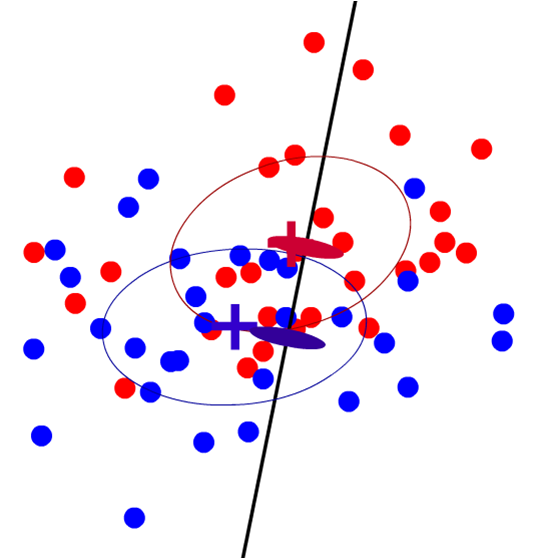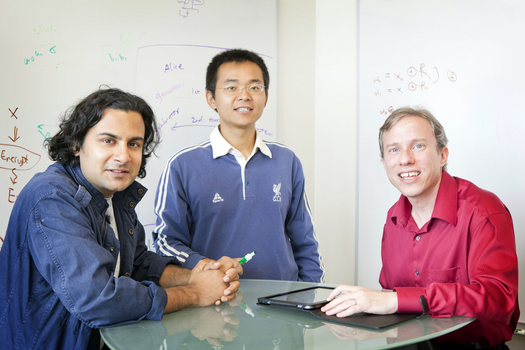Karsten’s GSM Studies
Saturday, December 31st, 2011
The New York Times has a new article about Karsten Nohl’s studies of mobile phone carrier security: Lax Security Exposes Voice Mail to Hacking, Study Says (the title is very misleading, since there is nothing really specific to voice mail here, it is about intercepting actual calls), New York Times, 25 December 2011.
In a study of 31 mobile operators in Europe, Morocco and Thailand, Karsten Nohl, a Berlin hacker and mobile security expert, found that many operators provided poor or weak defenses to protect consumers from illicit surveillance and identity theft.
Mr. Nohl said he was able to hack into mobile conversations and text messages and could impersonate the account identities of cellphone users in 11 countries using an inexpensive, 7-year-old Motorola cellphone and free decryption software available on the Internet. He has tested each mobile operator more than 100 times, he said, and has ranked the quality of their defenses.
…
“This is a major vulnerability in most networks we tested, and the irony is that it costs very little, if nothing, to repair,” Mr. Nohl said. “Often it is just a question of inertia on the part of operators, or they have other priorities, such as building their networks.” …
While the research was limited mostly to Europe, Mr. Nohl, a German citizen who received a doctorate in computer science at the University of Virginia, said the level of security provided by U.S. network operators was on a par with European operators, meaning there was also room for improvement.
In Asia, the Middle East and Latin America, the level of mobile security varies widely and can be much lower. Operators in India and China, Mr. Nohl said, encrypt digital traffic poorly or not at all, either to save on the network’s operating costs or to allow government censors unfettered access to communications.







